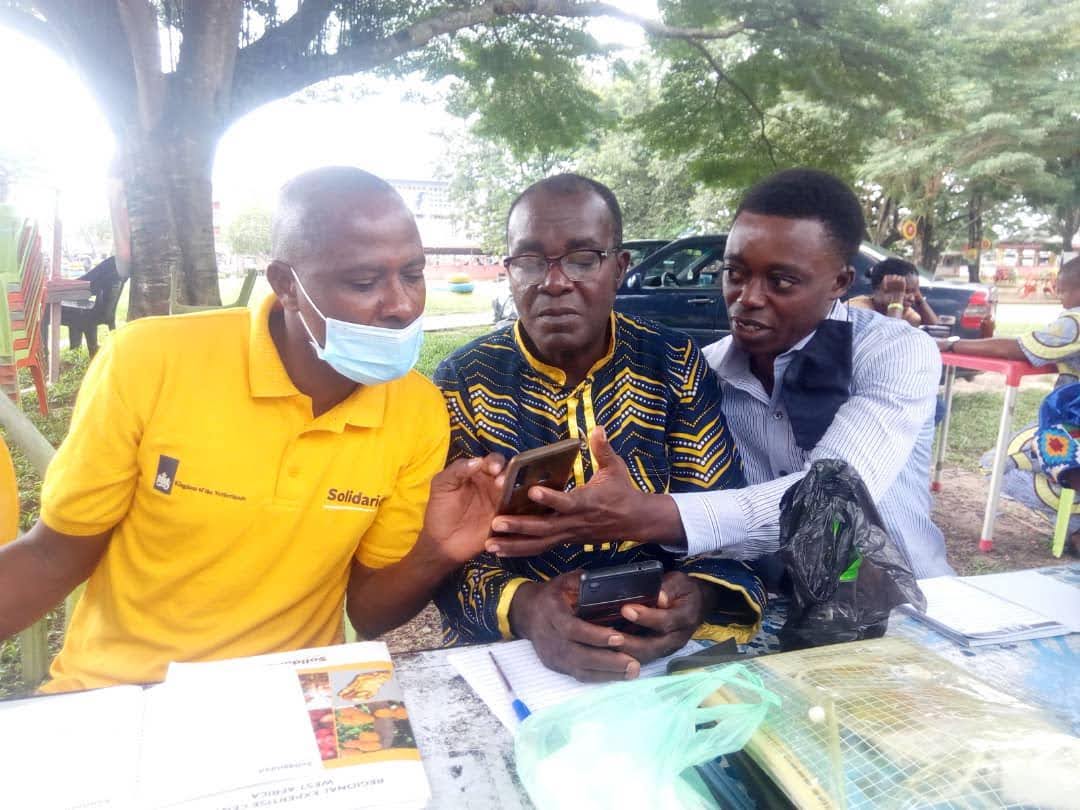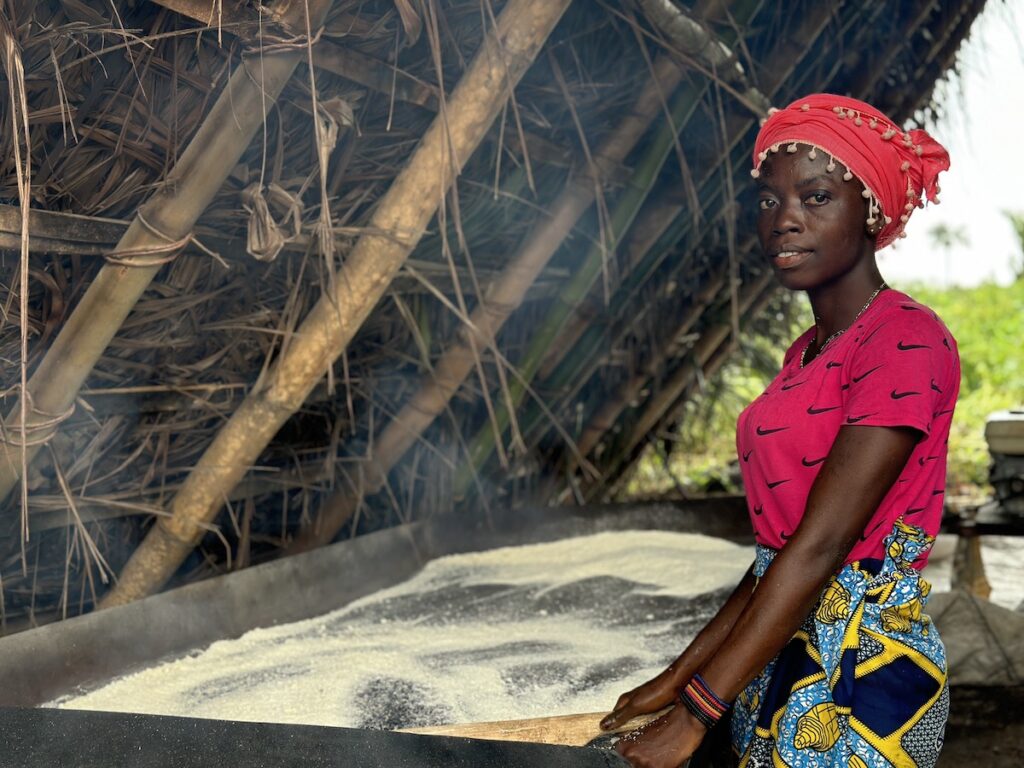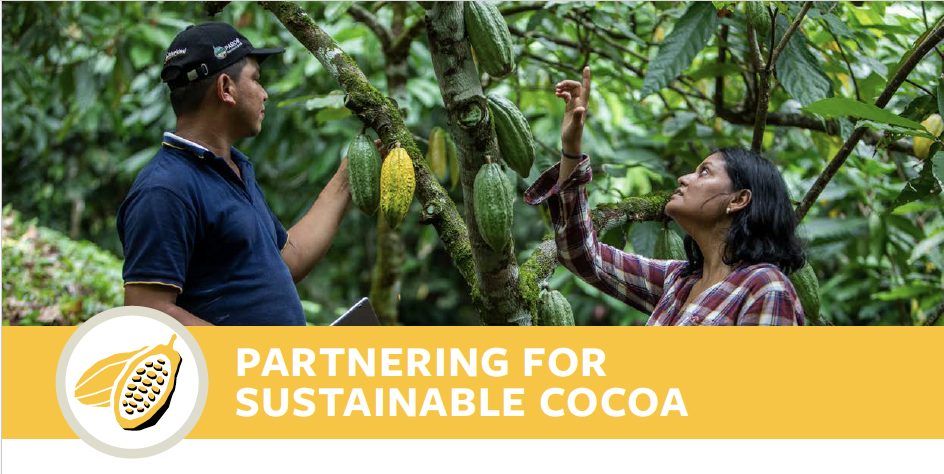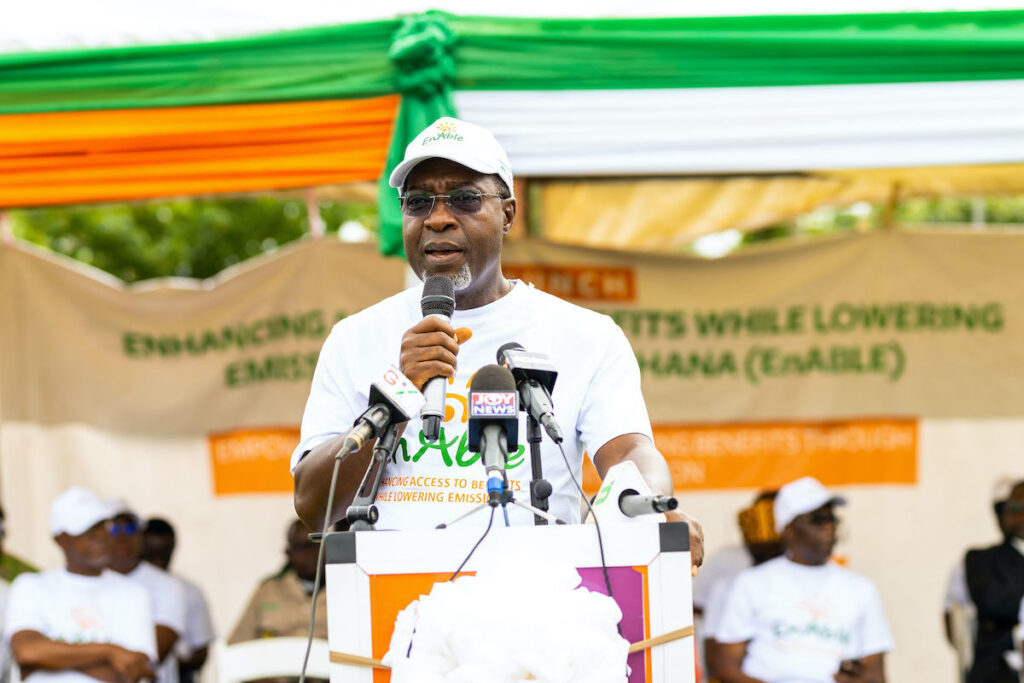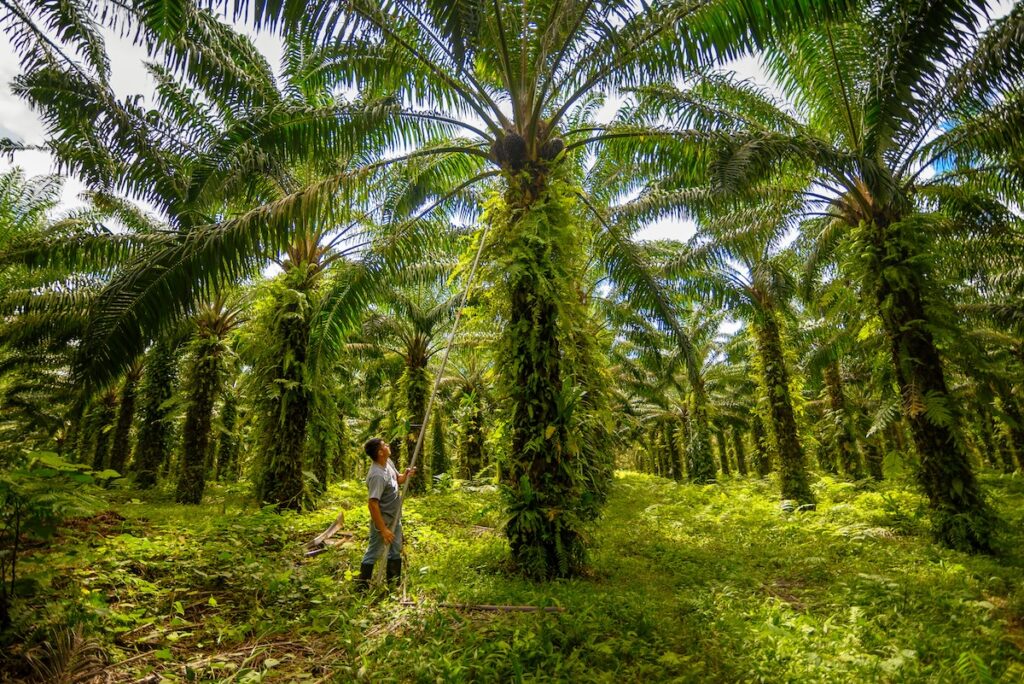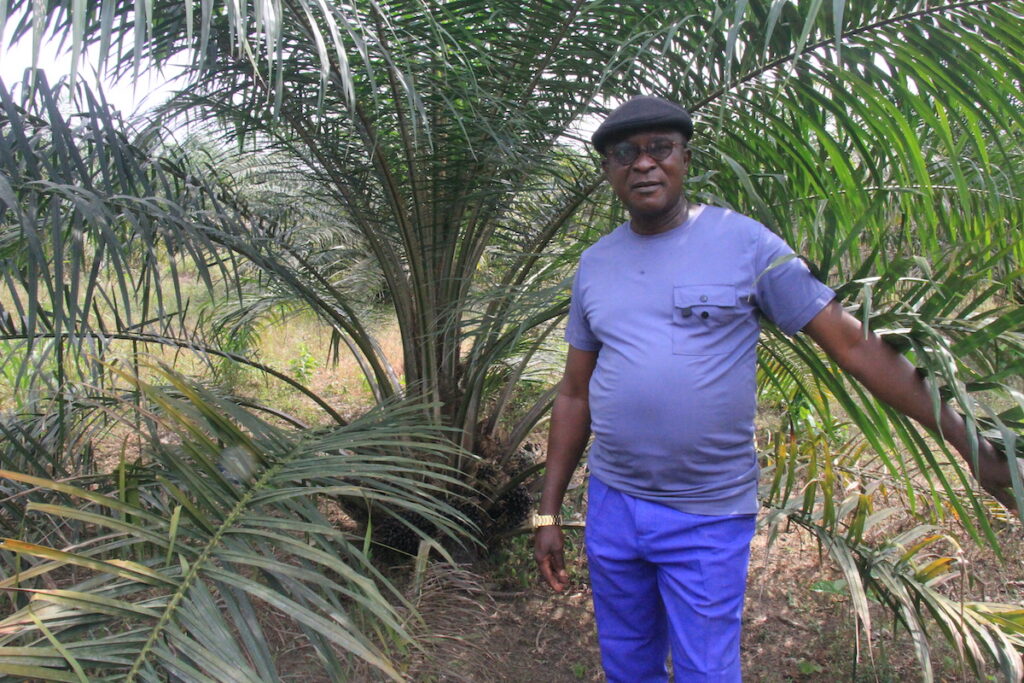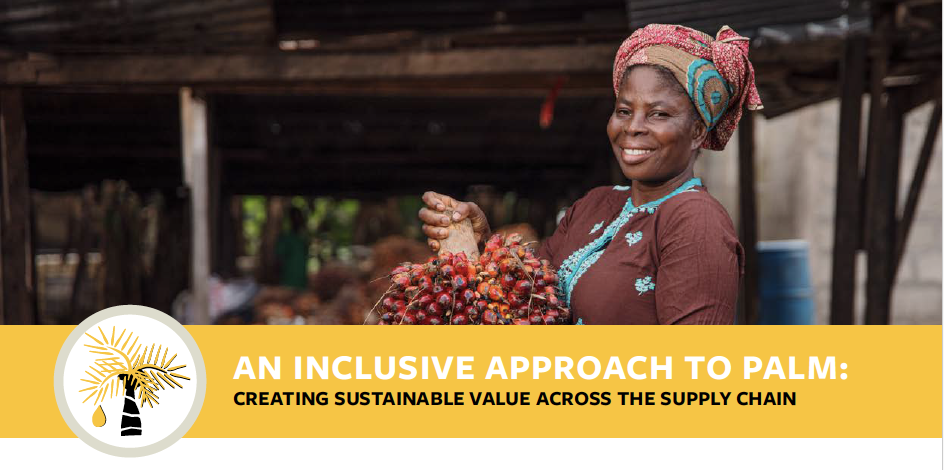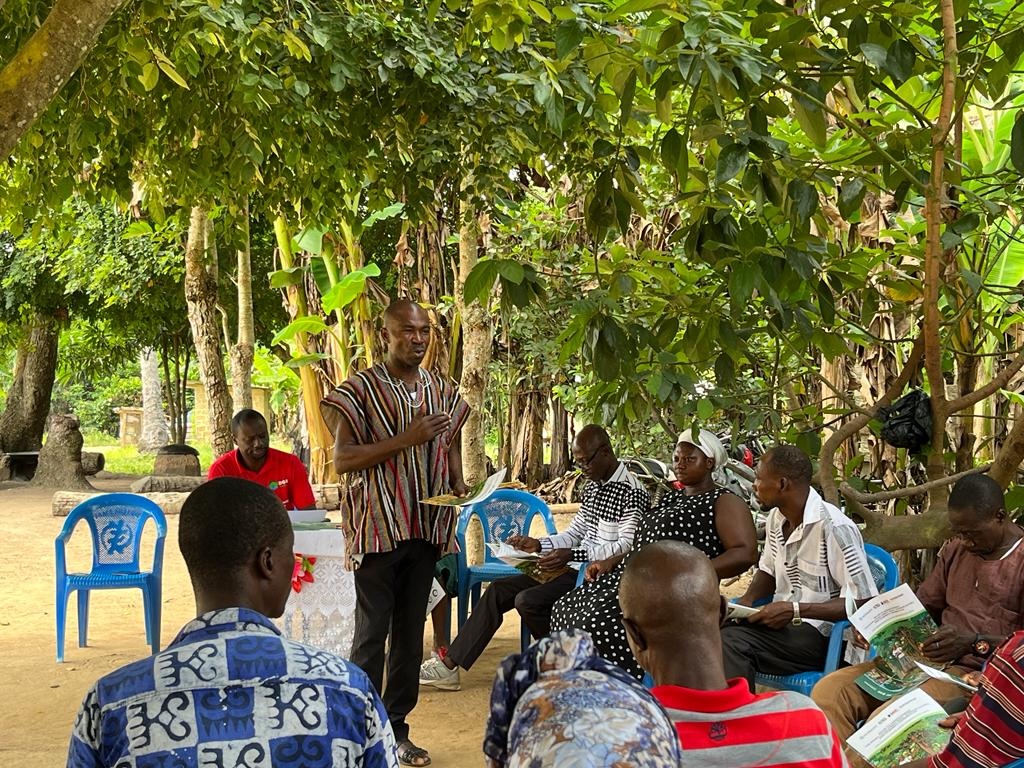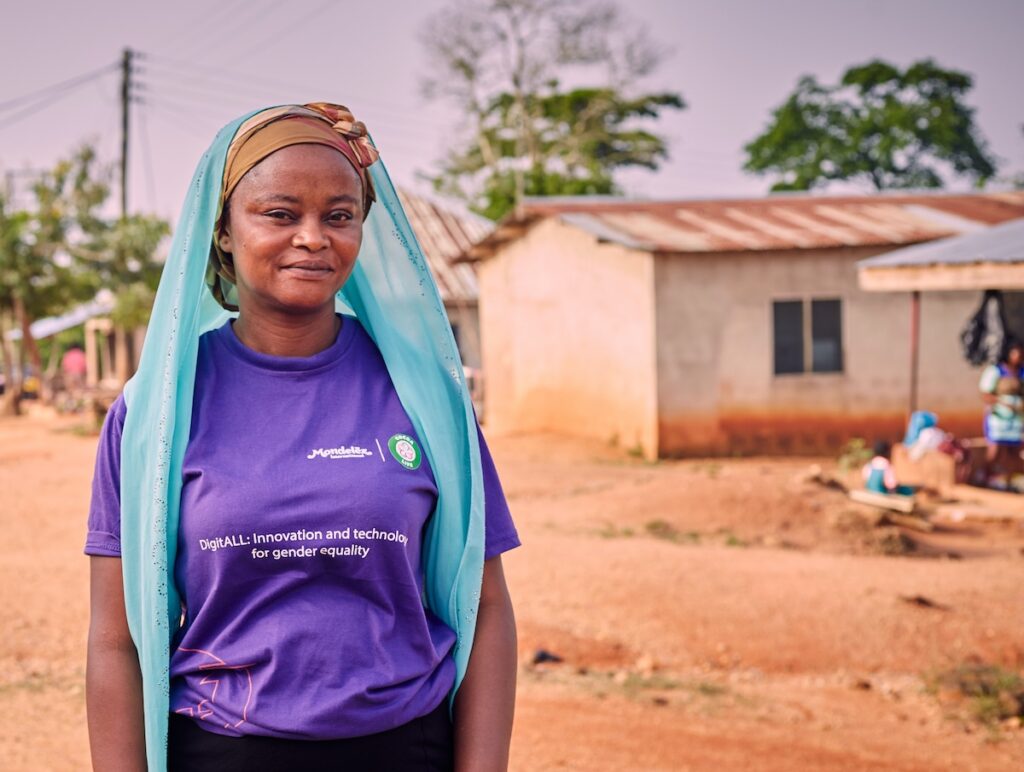The facilitators, who will supplement the work of the states agric extension officers, will cascade the training to smallholder fruits and vegetable farmers in communities benefiting from the Sustainable Development Goal Project 1 (SDGP1), a horticulture project that is transforming the fruits and vegetable market in both states and the country. This is to help the farmers adopt practices such as sustainable land use, right site selection, proper use of manure, and crop diversification, among others, to improve their yields.
So far, Solidaridad has trained 45 facilitators. Besides deepening the knowledge of climate-smart agriculture, the organization also built their capacities in nutrition-sensitive agriculture, modalities of the Village Savings and Loan Association (VSLA) scheme, community entry, farmer group formation and mobilization, farm record keeping, inclusive policies on women, as well as youth, and child protection policies.
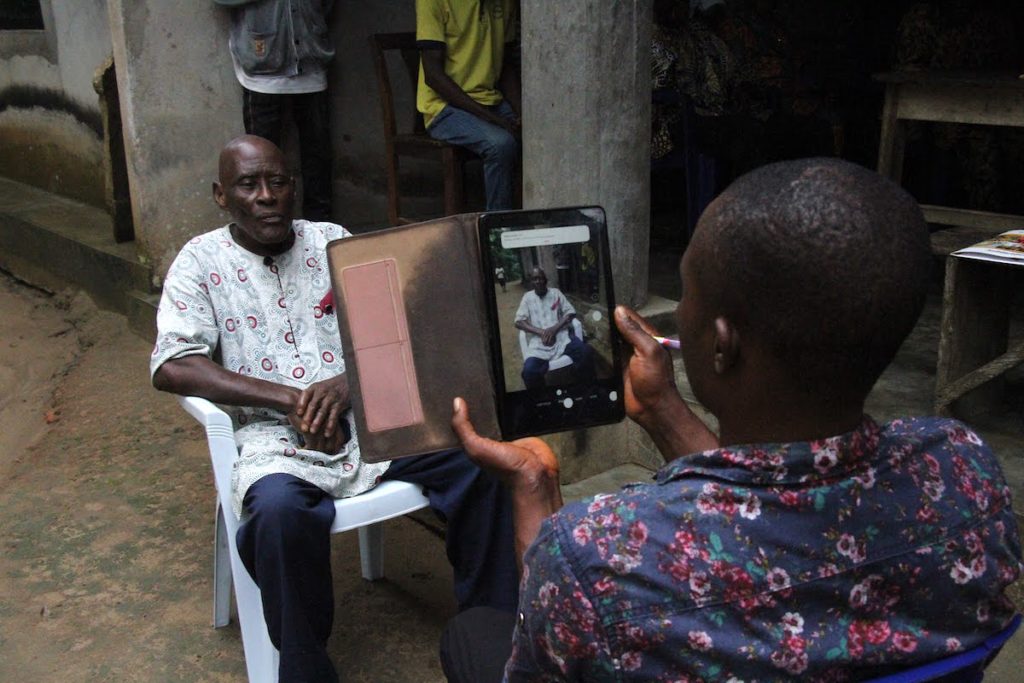
The facilitators are expected to pass the knowledge onto farmers through their engagement with them.
The northern part of Nigeria, where Kaduna and Kano are located, is suffering from the effects of desertification. One way of combating the situation is through climate-smart agriculture. The training of the community facilitators will expand the practice to more communities in the two states.
Daikwo Oguche, Programme Officer for Solidaridad in Nigeria
The community facilitators are expected to engage the farmers in practical training in demonstration farms in each community. This is to increase the number of farmers that adopt climate-smart agriculture under the Sustainable Development Goal Project 1.
So far, 242 demonstration farms have been established under the project in different communities in 12 local government areas of the two states. More demonstration farms will be established to build capacity, improve the yield and welfare of smallholder fruits and vegetable farmers.
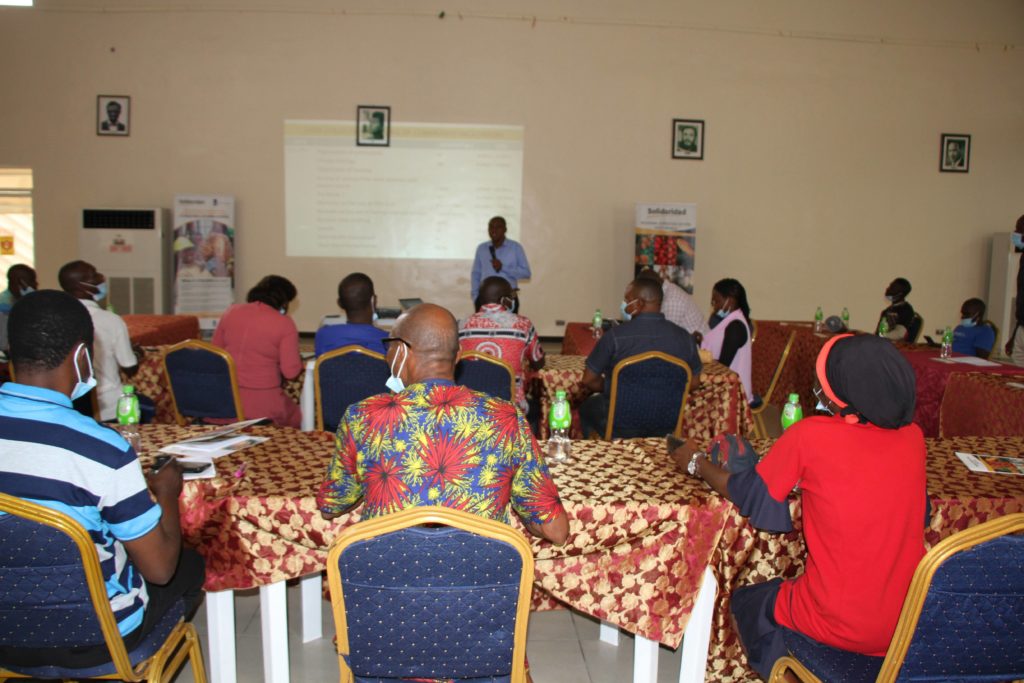
Amina Musa, a community facilitator, who is excited to be passing on the new knowledge to farmers in her community, said the modern farming techniques will improve productivity, and conserve the environment.
“Most of the smallholder farmers in my community are not aware of the looming danger of climate change to humanity, especially as it relates to food security. There is a need to curb this challenge with modern farming techniques. I am happy to be going back to my community to train the farmers on climate-smart agricultural practices,” says Amina.
The facilitators are expected to train 12,000 smallholder fruits and vegetable farmers in 240 communities.
Solidaridad, in partnership with East-West Seed Knowledge Transfer and other organizations, implements the Sustainable Development Goal Project 1 in the Kaduna and Kano states.

